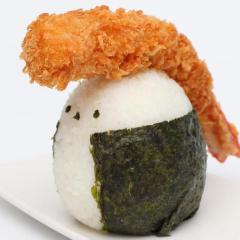-
Welcome to the eG Forums, a service of the eGullet Society for Culinary Arts & Letters. The Society is a 501(c)3 not-for-profit organization dedicated to the advancement of the culinary arts. These advertising-free forums are provided free of charge through donations from Society members. Anyone may read the forums, but to post you must create a free account.
Oranges and GMOs and Florida and the OJ Industry
-
Similar Content
-
- 3 replies
- 2,524 views
-
- 10 replies
- 2,944 views
-
- 0 replies
- 264 views
-
- 21 replies
- 8,440 views
-
-
Recently Browsing 0 members
- No registered users viewing this page.





Recommended Posts